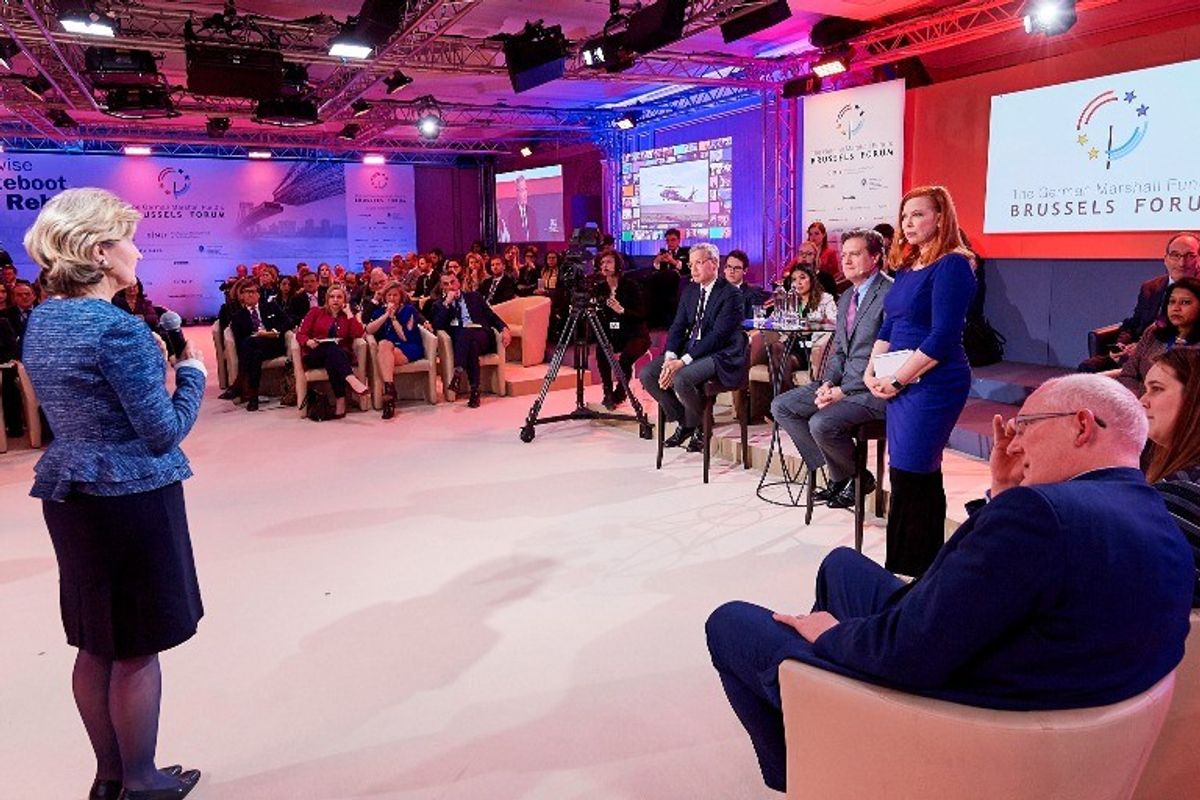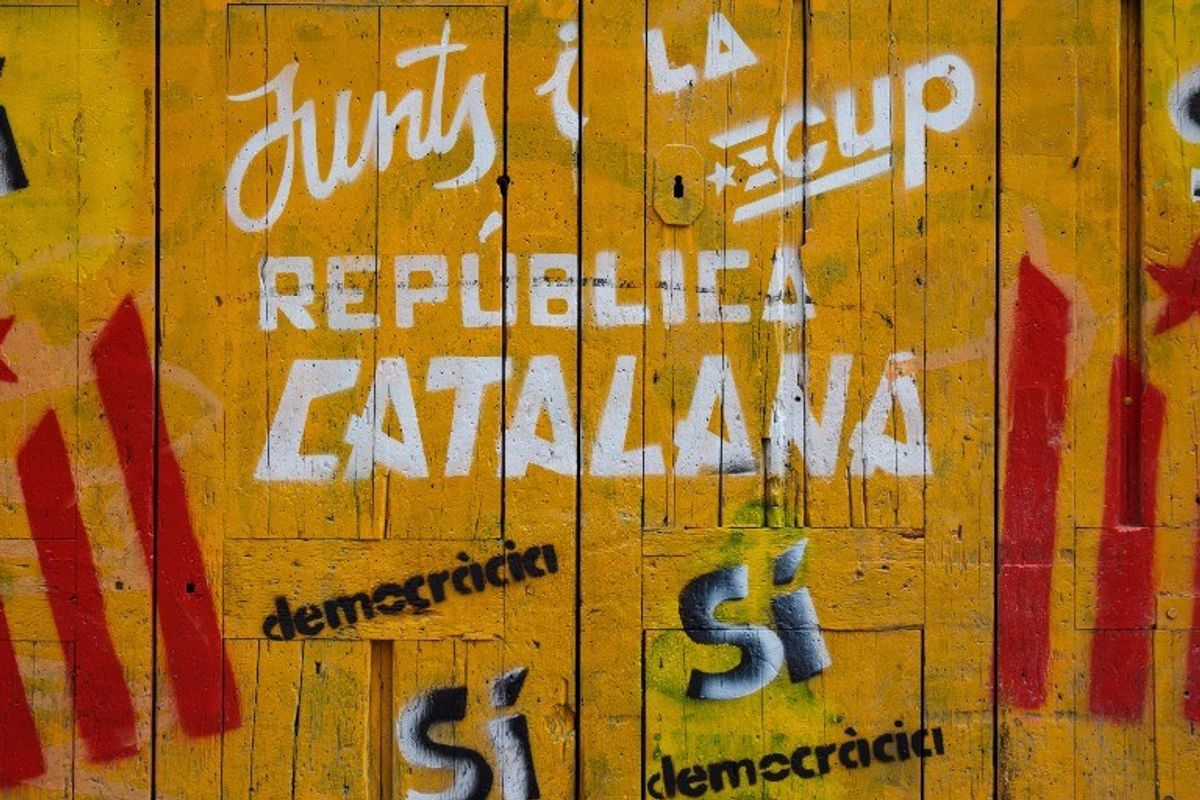Spanish Prime Minister Mariano Rajoy was recently reinstated to form a minority government, following a ten-month period of political deadlock in which no party could form a majority in parliament. However, Rajoy, who has taken a positive outlook on the U.S. presidential election and congratulated President-elect Donald Trump on Twitter, could lose power before the end of his term. If this happens, relations between the U.S. and Spain may become strained, as Spain’s party leaders hold diverse attitudes toward Trump.
Pablo Iglesias, the leader of Spain’s left-wing populist party Podemos, issued a special press release after the election result saying his party is “deeply worried by Donald Trump’s electoral triumph” after his “disheveled, racist, sexist campaign, which demonstrated a lack of respect for human rights.”
Podemos has been gaining traction among the Spanish public and political elite since its founding in 2014. After less than three years of operation, Podemos was able to secure 21 percent of the popular vote in this year’s general elections, followed by the Catalonian Ciudadanos, which received 13 percent of the vote, despite also being relatively new.
This is a result of the erosion of Spain’s traditional two-party system. The historically bipartisan Spanish government has, until recently, been split between Rajoy’s center-right Partido Popular and the Socialist Party PSOE. But disillusionment with Rajoy’s governance and his commitment to austerity during severe economic hardship opened the door for new parties, like Podemos.
The marked change toward a multi-party system in Spain coincides with the ongoing economic recession that the country has been experiencing since the global financial crisis hit nearly a decade ago. In 2008 and 2011, the third largest parliamentary party (CiU) only received five percent of the popular vote in the general elections. By 2016, the non-traditional Podemos trailed the Socialist PSOE by less than two percentage points.
Spain’s current parliament will be represented by nine parties, and it is expected that the environment will be hostile towards Rajoy’s proposed legislation, a notable difference from Rajoy’s first term as Prime Minister, when he was able to rule with an absolute majority over parliament and easily pass legislation.
Iglesias, with support from a number of other parliamentarians, has already announced that Podemos plans to block Rajoy’s austerity plans for 2017.
Although the government is technically fully-functioning once again, political disillusionment with the current government is causing parliamentary paralysis and public outcry, as many Spanish people feel misrepresented. Thousands of protesters marched through Madrid last month after the election result to demonstrate their discontent with Rajoy’s budgetary plans and the unemployment rate, which has peaked at 27 percent.
The reinstated government is also likely to face hostility from Spain’s autonomous Catalonia and Basque regions, where political leaders have denounced Rajoy’s leadership over longstanding allegations of corruption.
Due to Rajoy’s extreme unpopularity, there is the possibility his government may not be able to complete a full term in office, heightening the prospect of political instability, just after a “functioning” government was finally formed.
Apart from creating internal instability, this could cool relations between the new U.S. Administration and a new Spanish political elite that does not hold the same optimistic views of Trump as Rajoy holds and is not as potentially pro-Russia as Rajoy.
Speculation abounds that Rajoy does not share the same disapproval of Russian intervention in Syria as the current U.S. Administration or other EU member countries, especially after reportedly offering to allow a fleet of Russian warships bound for Syria to refuel in the Spanish port of Ceuta, located off the coast of Africa. Ultimately the Russian Federation canceled the refuel in Ceuta after Spain faced pressures from NATO and international allies.












